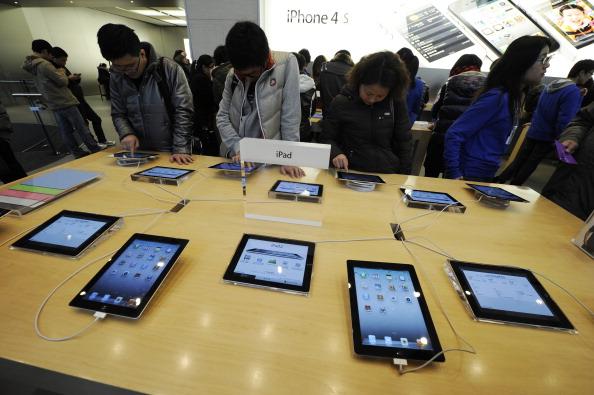|Video Courtesy of NTDTV |
Japan’s second-largest vehicle manufacturer, Honda Motor Co. Ltd, announced that two of its auto factories in China remained closed on June 10.
Plants in Guangzhou, Guangdong Province, will be shut down, the second day in a row after workers from a parts supplier walked off the job after failing to secure higher pay, Natsuno Asanuma, a spokeswoman at Honda in Tokyo, said yesterday. Another supplier in Guangdong stopped production yesterday because of a strike, said Gao Xia, a Honda spokeswoman in Beijing, according to a Bloomberg report.
The most recent labor woes for Honda were instigated in the Pearl River Delta factory town of Zhongshan, where workers at a unit of Honda Lock circled parts of the factory perimeter fence. The staff of the factory voiced their demands for higher wages while local police surveillance prevented journalist access by blockading surrounding roads.
However, several workers interviewed by Reuters made it clear that they were dissatisfied with wages and insisted on an annual wage hike of more than 15 percent, as well as better benefits, increased freedom to organize independent labor unions, and commitment from management to provide job security.
“We’re definitely going to strike tomorrow (Friday),” said one of the workers streaming out of the gates in the late afternoon in a Reuters report. “Our wages are too low.”
Negotiations at Foshan Fengfu are continuing, said Kazuhito Anma, a spokesman for Yutaka Giken Co., which owns 65 percent of the venture with Taiwan’s Full Wei Industrial Co. The factory employs about 440 workers and produces exhaust parts for Honda Accord, Fit, and Odyssey models.





